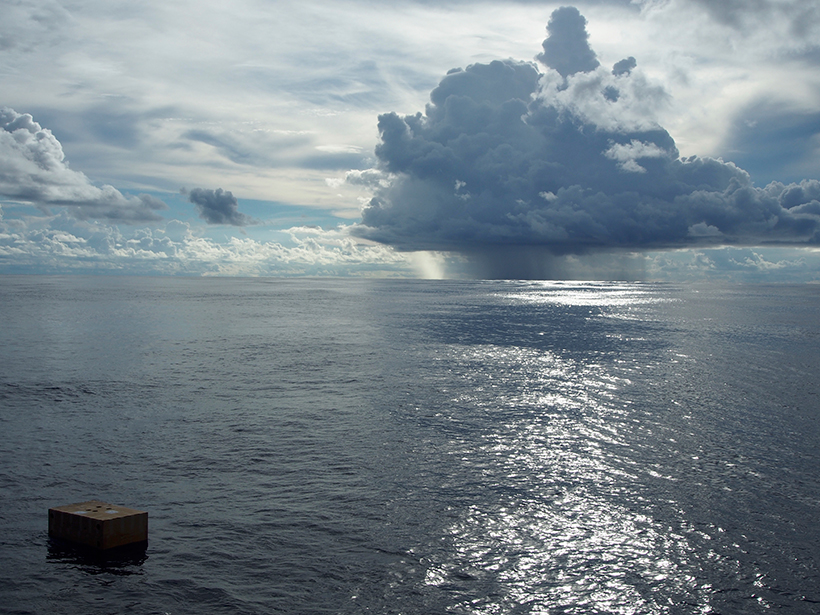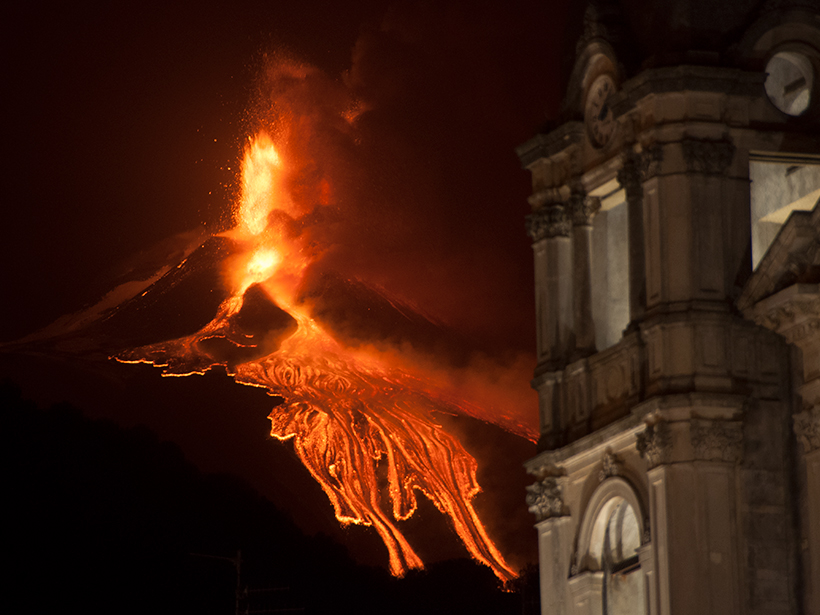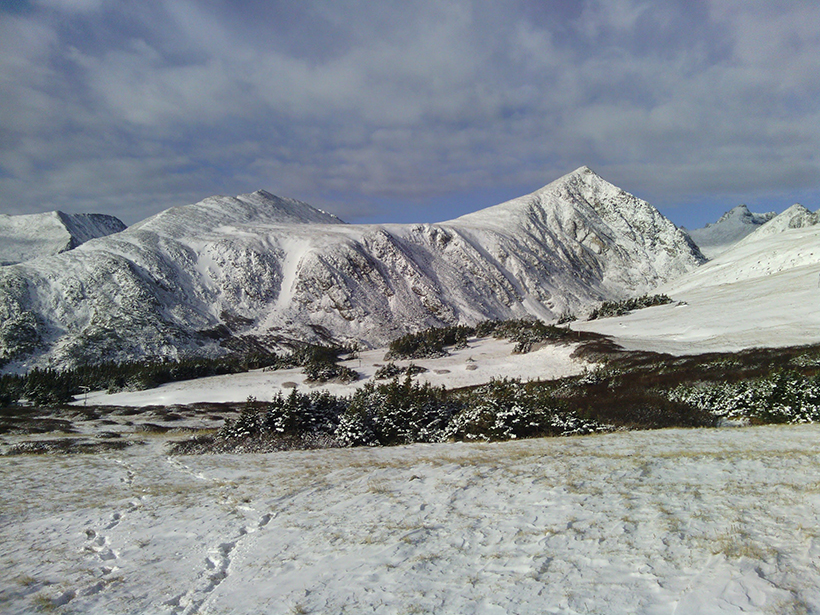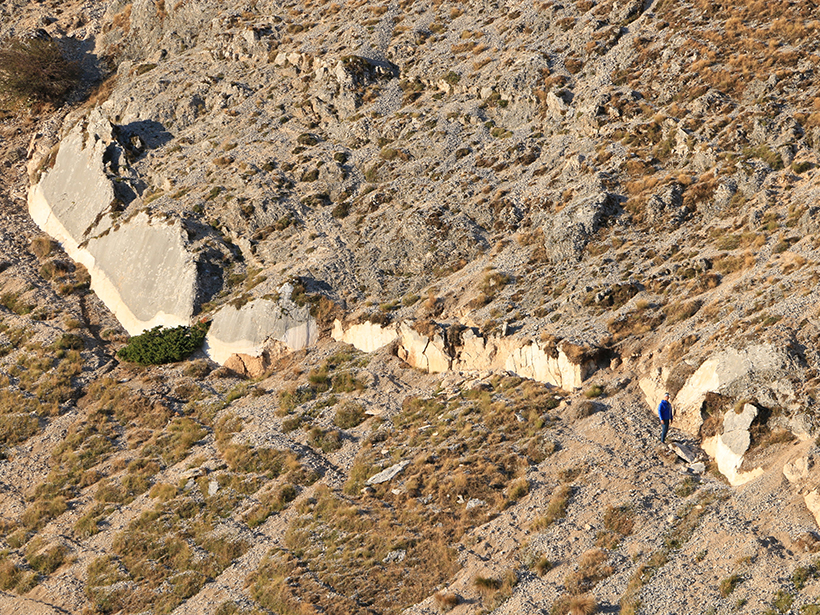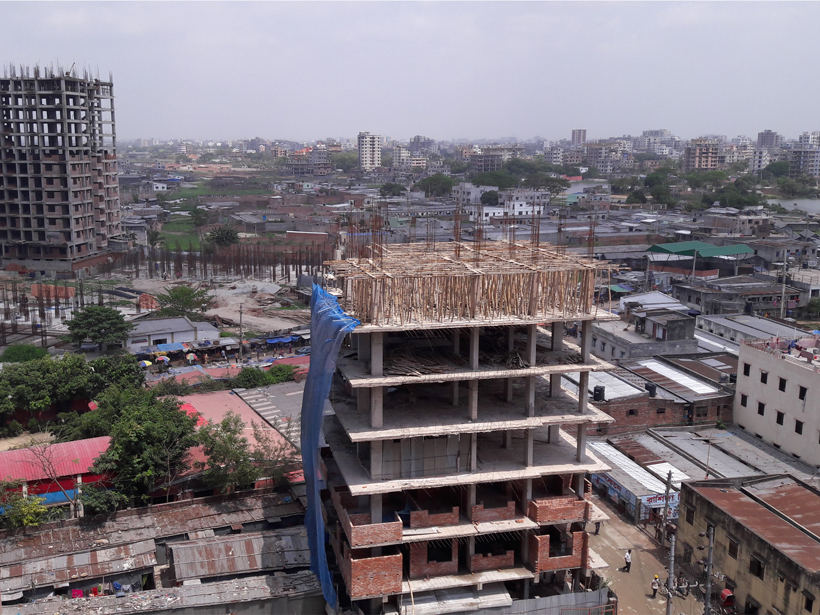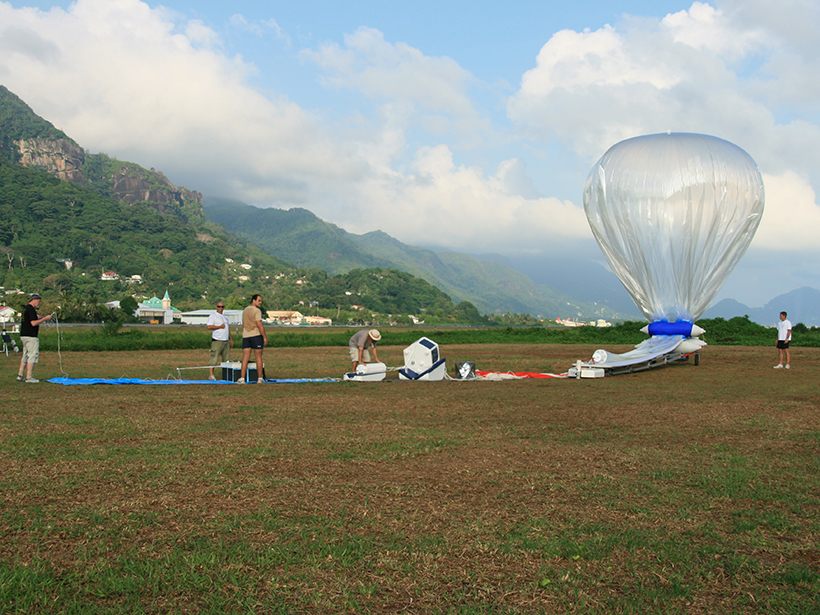A new database brings together water isotope data from many sources, providing an integrated resource for studying changes in Earth’s hydroclimate over the past 2,000 years.
CC BY 2018
Satellites and Cell Phones Form a Cholera Early-Warning System
A new initiative combines satellite data with ground observations to assess and predict the risk of cholera outbreaks in Bangladesh’s vulnerable populations.
Radon Tells Unexpected Tales of Mount Etna’s Unrest
Readings from a sensor for the radioactive gas near summit craters of the Italian volcano reveal signatures of such processes as seismic rock fracturing and sloshing of groundwater and other fluids.
How Sudden Stratospheric Warming Affects the Whole Atmosphere
High above Earth’s surface, air temperatures occasionally increase suddenly, producing widespread effects on weather, air chemistry, and telecommunications.
Modeling Global Change Ecology in a High–Carbon Dioxide World
Ignite-style Session, Ecological Society of America Annual Meeting; Portland, Oregon, 11 August 2017
How Earthquakes Start and Stop
Earthquakes: Nucleation, Triggering, Rupture, and Relationships to Aseismic Processes; Cargèse, Corsica, France, 2–6 October 2017
What Would Earth Be Like Without Life?
Workshop on a Cosmic Perspective of Earth: A Planet Permeated and Shaped by Life—Implications for Astrobiology; Tokyo, Japan, 13–15 September 2017
The Wicked Problem of Earthquake Hazard in Developing Countries
Earthquake preparation in Bangladesh is a conundrum, where crucial information is missing and investments often involve painful trade-offs.
Joseph B. Walsh (1930–2017)
This world traveler and rugby enthusiast devised theories fundamental to such diverse fields as seismology, oil and gas exploration, and hydrology. He also designed the hull of the Alvin submersible.
Around the World in 84 Days
In the Stratéole 2 program, set to launch in November 2018, instruments will ride balloons into the stratosphere and circle the world, observing properties of the air and winds in fine detail.

